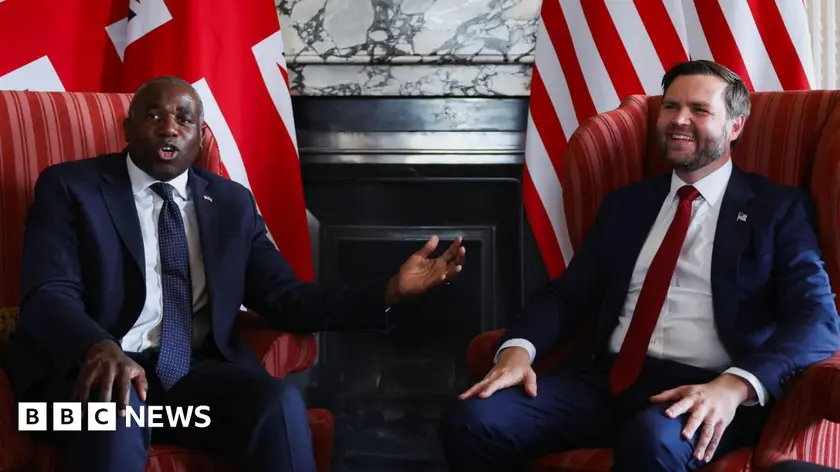T4K3.news
Graham pushes for land swaps as part of ceasefire talks
Senator Graham says Russia and Ukraine would likely swap land to end the war, a proposal that has drawn mixed reactions from Kyiv and allies.
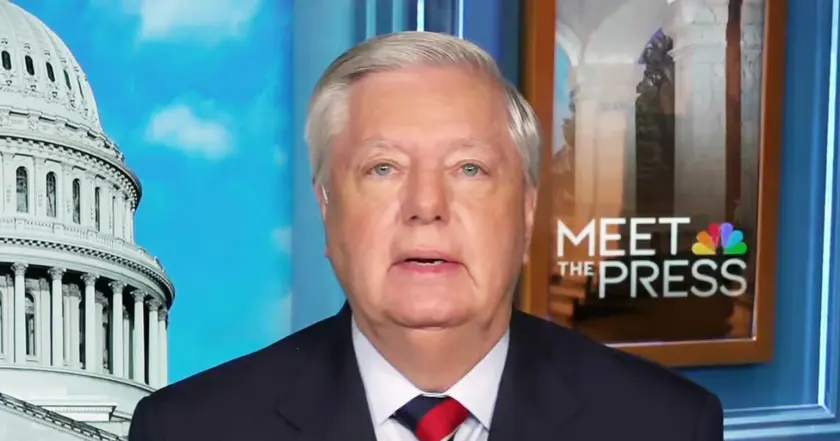
A top senator calls for turf swaps as part of a ceasefire, sparking pushback from Ukraine and mixed signals from allies and the White House.
Graham backs land swaps in ceasefire talks
Senator Lindsey Graham told Meet the Press that Russia and Ukraine would have to swap some territory to end the war, a view echoed by Donald Trump. He noted that both sides would not evict every Russian or seize Kyiv, suggesting land swaps could happen with security guarantees first. Zelenskyy has rejected the idea, saying Ukraine would not give land to occupiers. Trump has pushed for a summit with Putin in Alaska to broker a ceasefire.
The discussion included other voices. The White House has talked about inviting Zelenskyy to the Alaska meeting, and NATO's Jens Stoltenberg has said Ukraine must be at the table. Ukrainian ambassador to the United States, Oksana Markarova, said Zelenskyy would be willing to travel if needed, while she criticized buffer zone ideas as outdated. The conversation touched on deterrence, with Graham stressing the need for consequences if Russia acts again and comparing the current borders to the divided postwar period of Berlin.
Key Takeaways
"There will be some land swaps at the end."
Graham on the endgame of a ceasefire.
"Ukraine would not give their land to occupiers."
Zelenskyy on Ukraine sovereignty.
"Ukraine must be involved in moves to end the war."
Rutte on Ukraine's role at the table.
"Zelenskyy would be willing to travel to Alaska."
Markarova on Zelenskyy's potential participation in Alaska talks.
The exchange shows a rare moment of blunt talk about borders in negotiations, raising questions about sovereignty and deterrence. The push for land swaps risks elevating the role of territory as a bargaining chip and could undermine Ukraine’s hard-won gains on the battlefield. At the same time, the talk reflects how domestic politics in the United States and alliance diplomacy push for results that can satisfy both hardliners and hardliners in negotiations. The Alaska summit, if it happens, will test whether high level talk translates into enforceable terms that protect Ukraine’s future while avoiding a wider confrontation with Russia.
Highlights
- Peace needs guarantees not just promises
- Borders are not bargaining chips in peace talks
- Table talks must come with real consequences for aggression
- A ceasefire without enforceable terms invites the next round
Political sensitivity risk around land swaps in ceasefire talks
Discussing territorial exchanges as part of a ceasefire touches sovereignty and could affect alliance unity and public reaction. It risks being misinterpreted as a concession on borders and may influence how voters and international partners view deterrence and enforcement.
Peace talks must rest on verifiable commitments, not hopeful maps.
Enjoyed this? Let your friends know!
Related News
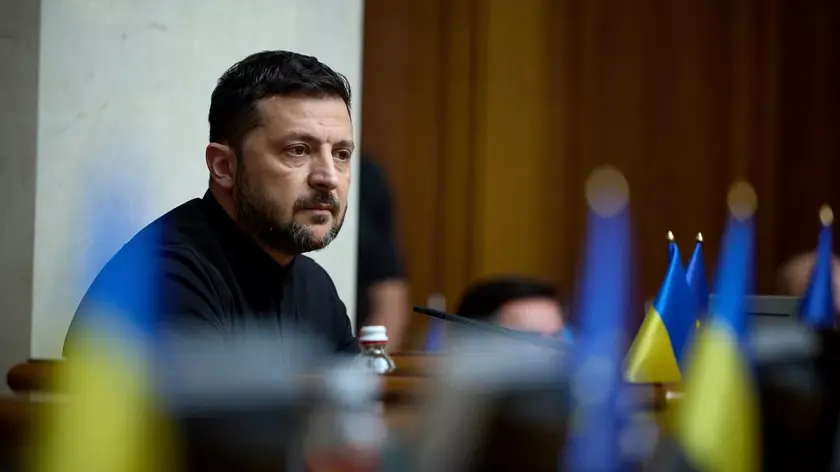
Ukraine rejects land swap in ceasefire talks
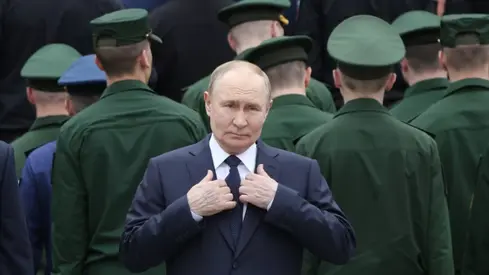
Putin and Trump meet in Alaska
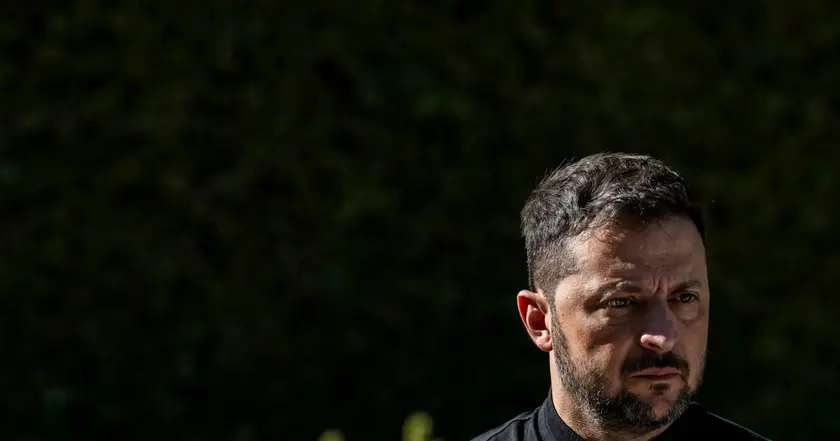
Ukraine talks drift into land swap debate
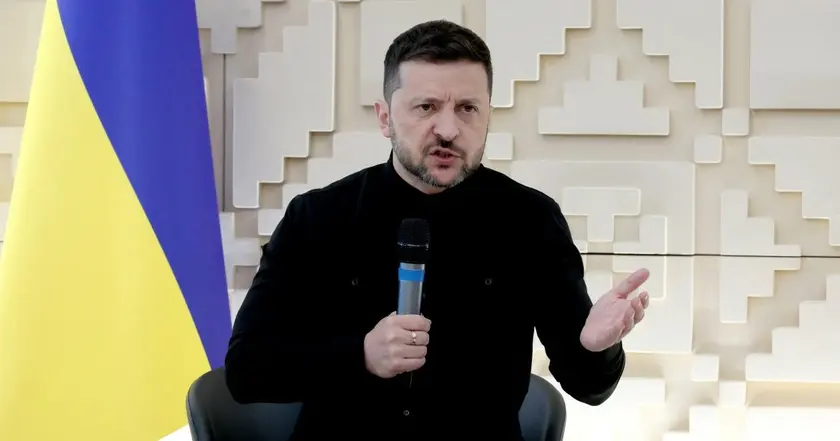
Zelensky rejects land concessions ahead of Alaska summit
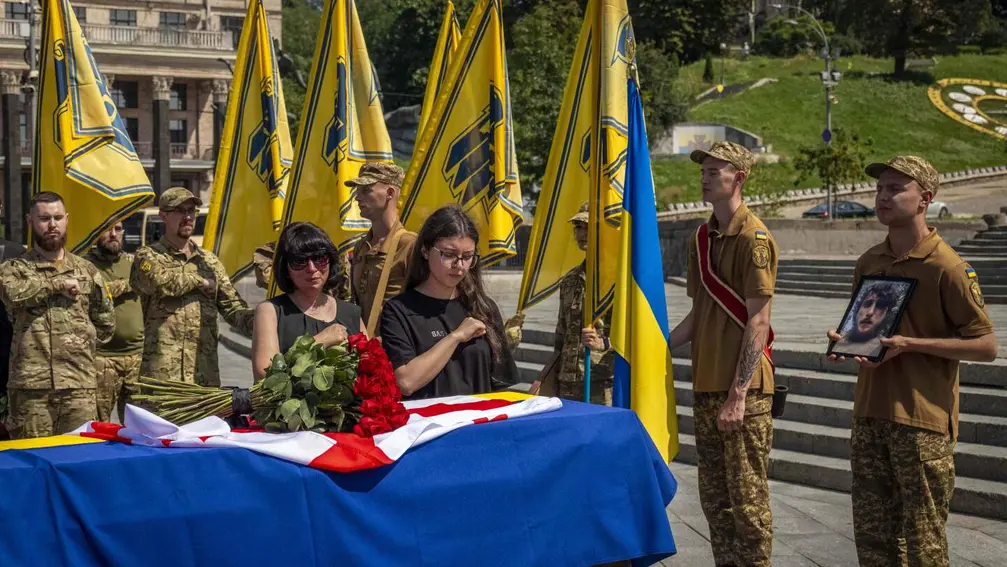
Ukraine unity shows in advance of Alaska talks
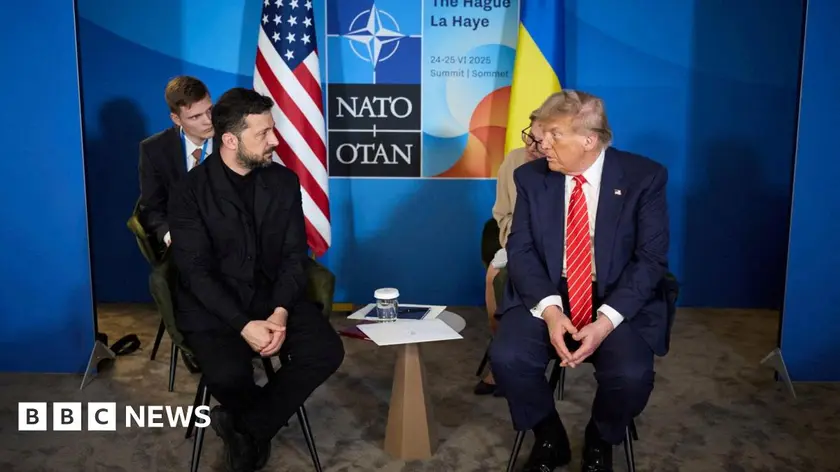
Ukraine presses for inclusion in peace talks
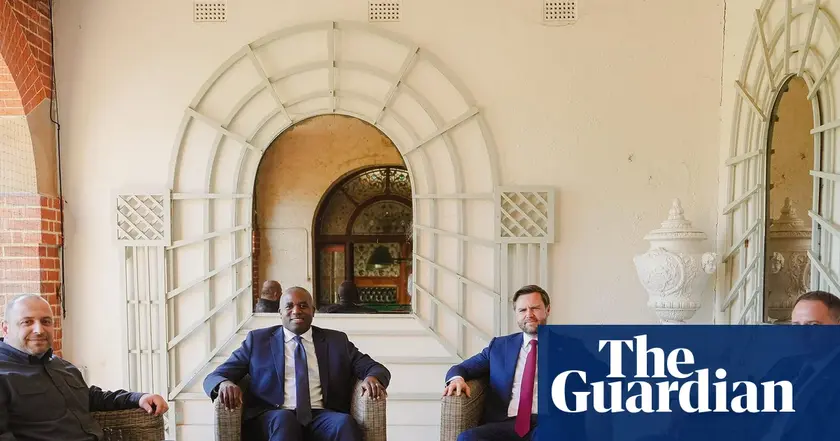
European leaders press Ukraine security ahead of Trump Putin talks
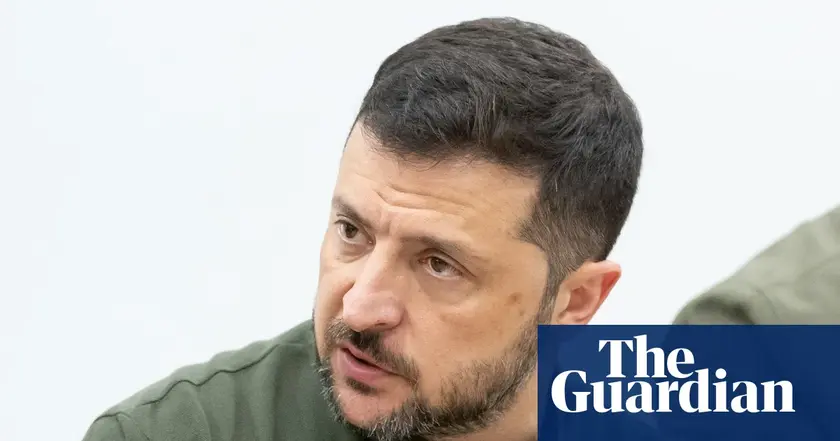
Ukraine wins backing for peace talks
